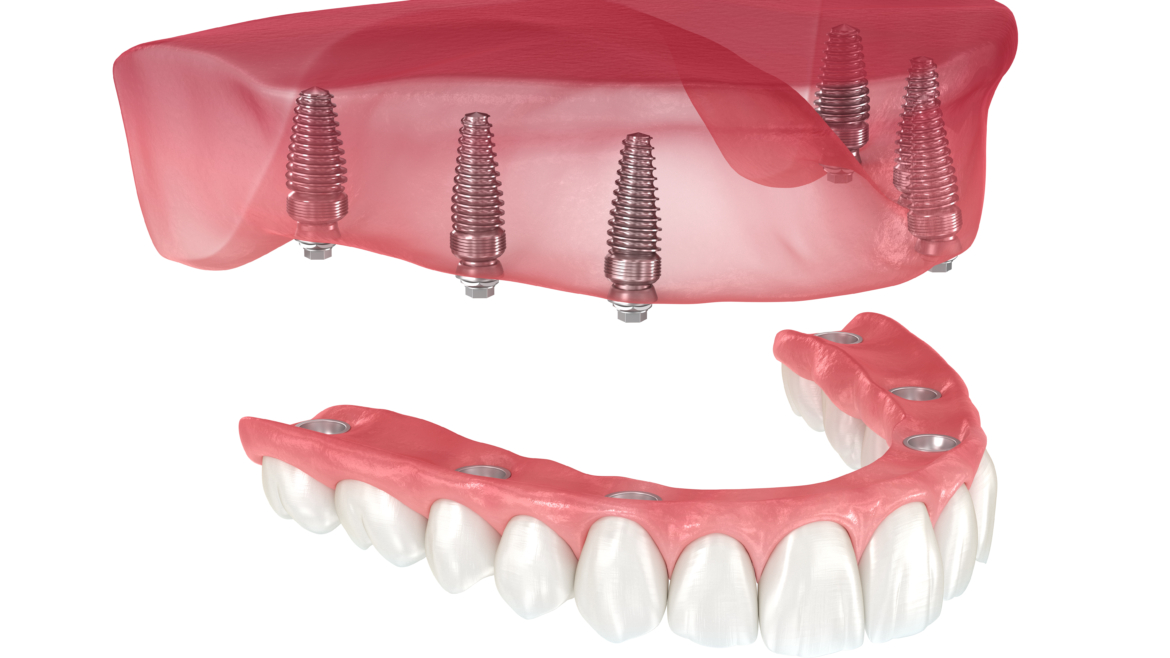Are you going for a dental implant surgery? Choosing the right dental implant specialist is crucial to ensure a successful and comfortable experience. In this blog post, we have shared some useful tips for you to help choose the right dental implant specialist for your treatment.
1. Assess Your Needs:
Before you begin your search for a dental implant specialist, it’s essential to assess your specific needs. Consider the following factors:
- The number of teeth you need to replace.
- Your overall oral health.
- Any existing medical conditions that might affect the implant procedure.
- Your budget and insurance coverage.
By understanding your unique requirements, you’ll be better prepared to choose a specialist who can meet your expectations.
2. Check Qualifications and Credentials:
Start your search by verifying the qualifications and credentials of potential dental implant specialists. Look for:
- Dental degrees and advanced training in implantology.
- Membership in reputable dental organizations like the American Academy of Implant Dentistry (AAID) or the International Congress of Oral Implantologists (ICOI).
- Continuing education and participation in implant-related courses and seminars.
These qualifications demonstrate a commitment to staying up-to-date with the latest advancements in dental implant procedures.
3. Experience Matters:
Experience is a critical factor when selecting a dental implant specialist. Ask potential specialists about their:
- Number of years in practice.
- Number of implant procedures performed.
- Success rates and patient outcomes.
- An experienced specialist is more likely to handle complex cases and unexpected complications with expertise and confidence.
4. Seek Recommendations:
Ask your general dentist, friends, family, and colleagues for recommendations. Word-of-mouth referrals can provide valuable insights into the quality of care and patient experiences with a specific specialist.
5. Read Online Reviews:
Take advantage of online resources to read reviews and testimonials from previous patients. Websites like Google, Yelp, and Healthgrades often feature patient feedback and ratings for dental professionals.
6. Consult Multiple Specialists:
Don’t hesitate to schedule consultations with multiple dental implant specialists. This allows you to:
- Assess their communication skills and how comfortable you feel discussing your concerns.
- Compare treatment plans, cost estimates, and payment options.
- Get a sense of their approach to patient care and their ability to answer your questions.
7. Evaluate Technology and Facilities:
A state-of-the-art dental practice equipped with modern technology and facilities can enhance the precision and success of your dental implant procedure. Inquire about:
- The types of implant systems used.
- Imaging and diagnostic tools (e.g., 3D cone-beam CT scans).
- Sterilization and infection control protocols.
A well-equipped practice demonstrates a commitment to providing high-quality care.
8. Discuss Treatment Options:
A skilled dental implant specialist should discuss various treatment options with you. These may include:
- Traditional dental implants.
- Mini dental implants for less invasive procedures.
- Implant-supported dentures or bridges.
Your specialist should tailor the treatment plan to your specific needs, providing options that align with your oral health goals.
9. Understand the Treatment Timeline:
Inquire about the expected timeline for your dental implant procedure. Understanding the various stages, from initial consultation to final restoration, will help you plan accordingly.
10. Evaluate Cost and Payment Options:
Dental implant costs can vary widely depending on the complexity of the case and the materials used. Discuss the estimated cost of your treatment and inquire about:
- Payment plans or financing options.
- Whether your dental insurance covers any portion of the procedure.
Clear financial discussions will prevent surprises and ensure you can move forward with confidence.
11. Assess Communication Skills:
Effective communication between you and your dental implant specialist is essential. A specialist should be able to:
- Explain the procedure in understandable terms.
- Address your concerns and answer your questions.
- Provide detailed post-operative care instructions.
Feeling comfortable and well-informed will reduce anxiety and lead to a more positive experience.
12. Inquire About Complications and Follow-Up Care:
Ask your potential specialist about their approach to handling complications or unforeseen issues during the procedure. Additionally, discuss the post-operative follow-up care and maintenance necessary for the long-term success of your dental implants.
13. Request Before-and-After Photos:
Review before-and-after photos of previous patients who have undergone similar procedures. This visual evidence can provide insights into the specialist’s skill and aesthetic results.
14. Consider Location and Accessibility:
Choose a dental implant specialist whose practice is conveniently located, ensuring that you can access appointments without significant travel or inconvenience.
15. Trust Your Instincts:
Ultimately, trust your instincts when selecting a dental implant specialist. Choose a specialist with whom you feel comfortable, confident, and who addresses your specific needs.
16. Verify Licensing and Insurance:
Confirm that the dental implant specialist is licensed to practice in your state. Additionally, inquire about their malpractice insurance coverage.
17. Review Consent and Treatment Plans:
Carefully review all consent forms and treatment plans provided by the specialist. Ensure you understand the proposed procedures, associated risks, and expected outcomes.
18. Seek Second Opinions:
If you have any doubts or concerns, don’t hesitate to seek a second opinion from another dental implant specialist. A second perspective can provide clarity and peace of mind.
19. Discuss Sedation and Anesthesia Options:
If you have dental anxiety or require extensive procedures, discuss sedation and anesthesia options with your specialist to ensure your comfort during treatment.
20. Consider Specialized Needs:
If you have specific medical conditions or unique dental challenges, choose a specialist experienced in handling cases similar to yours.
21. Maintain Ongoing Communication:
Establish open and ongoing communication with your chosen dental implant specialist throughout the entire treatment process. This ensures that any unexpected developments or concerns can be addressed promptly.
Recommended post: Is dental implant suitable for children?

